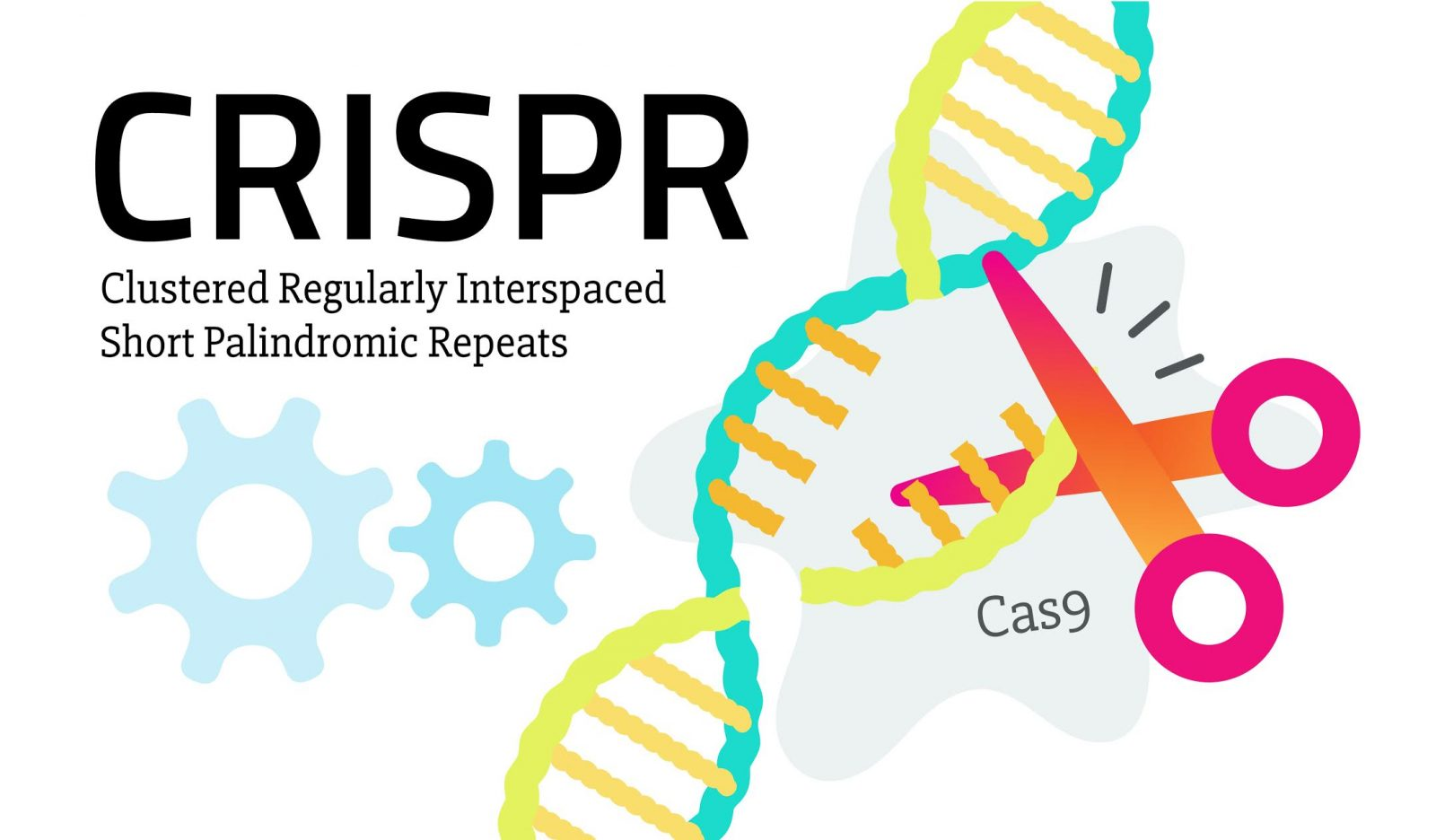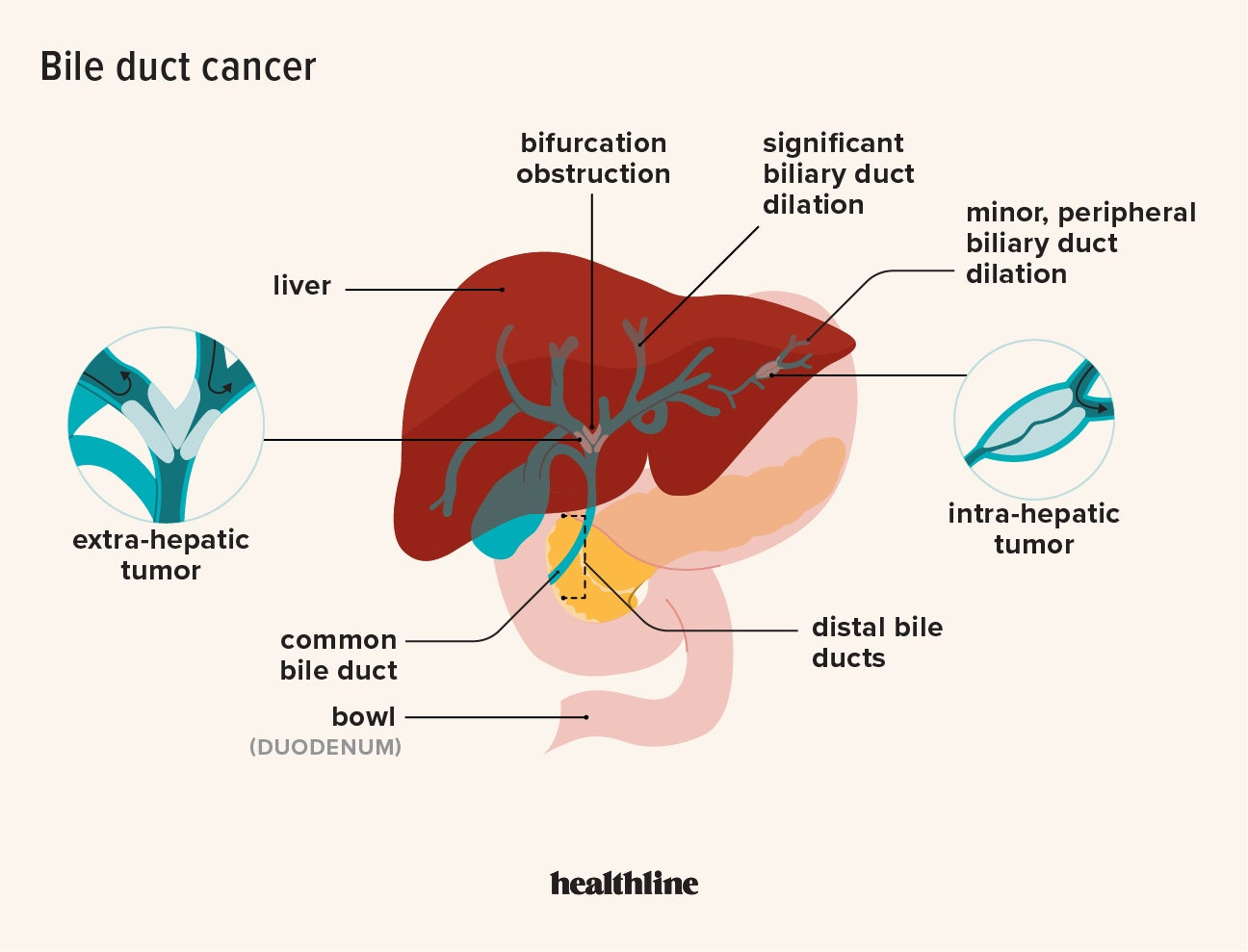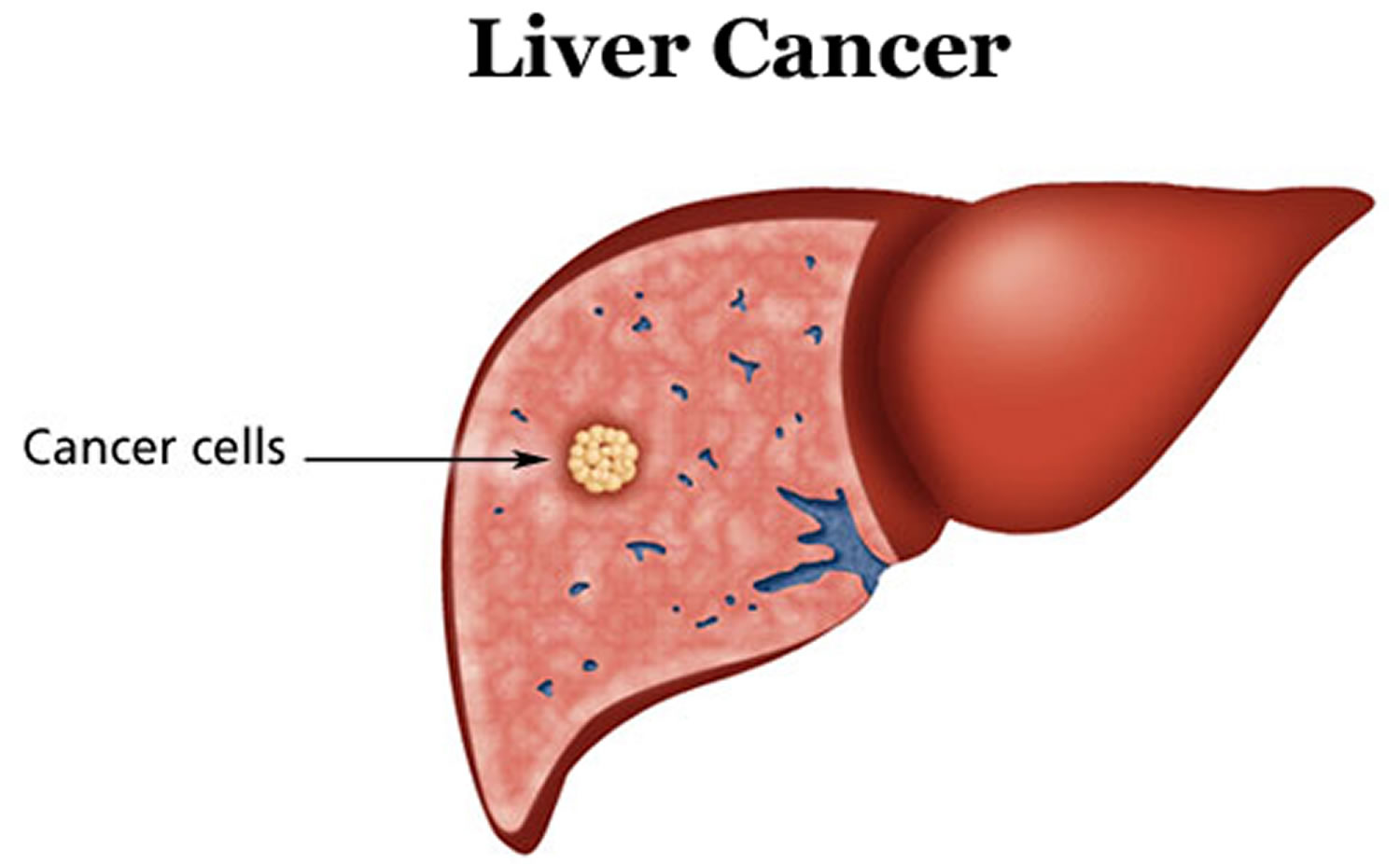CRISPR ethics sits at the forefront of revolutionary advancements in gene editing, sparking widespread debate about the moral implications of altering human genes. With breakthroughs offering potential cures, such as for sickle cell disease, the excitement of genetic manipulation raises heavy questions around bioethics and medical responsibility. Are we to command the ability to edit human life in pursuit of health equity, or does this power invite unforeseen consequences that could exacerbate existing inequalities? As scientists and ethicists explore the nuances of this technology, the conversation becomes crucial in addressing issues of access and fairness in healthcare. Ultimately, the discourse surrounding CRISPR ethics is not merely about science; it challenges us to confront our societal values and the very fabric of humanity itself.
The morality of gene manipulation evokes a broader discussion about genetic modification, sparking critical questions in the realms of bioethics and medical responsibility. As advancements in biotechnology unveil possibilities for treating genetic disorders like sickle cell anemia, experts urge a deep examination of health disparities and the fairness of such innovations. With these capabilities come ethical dilemmas, as society must grapple with the implications of altering human genetics, especially in terms of social justice and health equity. The potential for gene editing to redefine our understanding of disease and disability invites rigorous debate on what it means to be human. This intersection of science and moral philosophy is a crucial area of inquiry in our rapidly evolving world.
Understanding Gene Editing and Its Potential
Gene editing, particularly through technologies like CRISPR, offers unprecedented opportunities for medical advancements. It enables scientists to modify genetic sequences with precision, presenting possibilities for curing genetic disorders such as sickle cell anemia. The ability to potentially eliminate diseases at their genetic source is a revolutionary leap in medicine. However, as this technology unfolds, the implications extend far beyond molecular biology, touching on the realms of ethics and societal values.
While the promise of gene editing can lead to significant healthcare breakthroughs, such as enhancing health outcomes for individuals with inherited conditions, it simultaneously raises critical questions about equity. As noted by experts, the staggering costs associated with gene therapies could exacerbate existing disparities in health access and treatment, potentially favoring wealthier populations. The balance between scientific innovation and health equity is a volatile one, crucial for ensuring that advancements benefit the broader community rather than just a privileged few.
Ethical Considerations in CRISPR Technology
The advent of CRISPR technology has triggered intense debates surrounding bioethics, particularly concerning its applications in gene modification. Ethical dilemmas arise when considering whether we should alter human traits that do not constitute diseases. For instance, should we use CRISPR to modify the genes of individuals with conditions like Down syndrome, a subject that has significant moral implications? The core ethical discussions revolve around who will decide such matters and the potential social consequences following these decisions.
Moreover, the ethical discourse surrounding CRISPR extends to questions of parental authority and societal norms. Should parents have the right to choose genetic traits for their children? From the perspective of medical ethics, this question leads to discussions regarding consent, especially in cases where the child cannot voice their preferences. As highlighted by figures in bioethics, there is a profound need to establish guidelines that navigate these ethically charged waters while preserving individual rights and promoting fairness.
Frequently Asked Questions
What are the ethical implications of CRISPR gene editing technologies?
The ethical implications of CRISPR gene editing technologies are vast and complex. They include concerns about health equity, the potential for unintended consequences, and the moral dilemmas surrounding the manipulation of human genes. As gene editing can lead to significant medical advancements, such as curing diseases like sickle cell anemia, societal discussions must address who benefits from these advancements and whether they promote health justice.
How does CRISPR technology relate to bioethics and health equity?
CRISPR technology invokes bioethical questions alongside health equity issues. While it presents the opportunity to cure genetic diseases, such as sickle cell anemia, the high costs associated with such treatments raise concerns about accessibility. Bioethics underscores the responsibility of ensuring everyone has equal access to gene editing technologies, preventing a disparity where only those who can afford treatment can benefit.
Is it ethical to use CRISPR to modify embryos for diseases like Down syndrome?
The use of CRISPR to modify embryos for conditions like Down syndrome is highly controversial and raises significant ethical questions. Critics argue that it intrudes on human variation, while proponents may see it as a way to reduce suffering. The decision-making process regarding which traits to edit must consider the rights of the child and the societal implications of such decisions.
What are the potential consequences of gene editing with CRISPR?
The potential consequences of gene editing with CRISPR include unintended genetic mutations and long-term health effects that are not yet understood. As genes interact in complex ways, altering one may have unpredicted influences on various bodily functions, which raises concerns about the safety and efficacy of such interventions.
Who should oversee the ethical use of CRISPR technology in medicine?
Oversight of CRISPR technology in medicine should involve a multi-stakeholder approach, inclusive of scientists, ethicists, policymakers, and communities affected by genetic diseases. There is a need for international dialogue to address potential abuses, especially in regions with less stringent regulations, ensuring that ethical standards are consistently upheld across borders.
How does CRISPR gene editing impact the concept of medical ethics?
CRISPR gene editing impacts medical ethics by challenging existing frameworks regarding patient autonomy, consent, and the definition of ‘treatment.’ It raises questions about parental rights versus children’s rights, and how far medicine should go in altering normal human variations. It emphasizes the importance of ethical deliberation in light of rapid technological advancements.
What role does public perception play in the ethics of gene editing technologies like CRISPR?
Public perception is crucial in shaping the ethical landscape of gene editing technologies like CRISPR. As society grapples with the moral implications of gene editing, public opinion can influence regulations, funding, and the direction of research. Engaging the public in discussions about the benefits and risks helps create a more informed debate around CRISPR ethics.
| Key Points | Details |
|---|---|
| The Promise and Peril of CRISPR | A talk discussing ethical considerations of gene editing technologies. |
| Neal Baer’s Experience | Baer recounted treating children with sickle cell anemia and the limitations prior to CRISPR technology. |
| Curing Sickle Cell Disease | CRISPR can remove genetic mutations, potentially curing sickle cell disease. |
| Ethical Considerations | Questions about editing genes for conditions like Down syndrome are posed. |
| Cost and Accessibility | The high cost of treatments raises concerns about who will access them. |
| Health Justice | Innovation without considering ethics may lead to inequalities in health. |
| Parental Decisions in Genetic Modification | Debate on whether parents should choose attributes for their children. |
| Unintended Consequences | Gene editing may lead to unforeseen effects due to the complexity of gene interactions. |
| Global Oversight Issues | Concerns about regulations and ethical practices in different countries. |
Summary
CRISPR ethics are at the forefront of discussions surrounding gene editing technologies, highlighting the complex balance between advancing medical treatment and ensuring ethical standards. As we delve into the promise of curing genetic diseases like sickle cell anemia, we must simultaneously confront critical questions regarding the moral implications of these technologies. Who decides which traits are desirable or undesirable? How do we ensure equitable access to these groundbreaking treatments? As the capabilities of CRISPR expand, a robust ethical framework is essential to navigate its potential, ensuring that innovation benefits all, rather than exacerbating existing inequalities.



